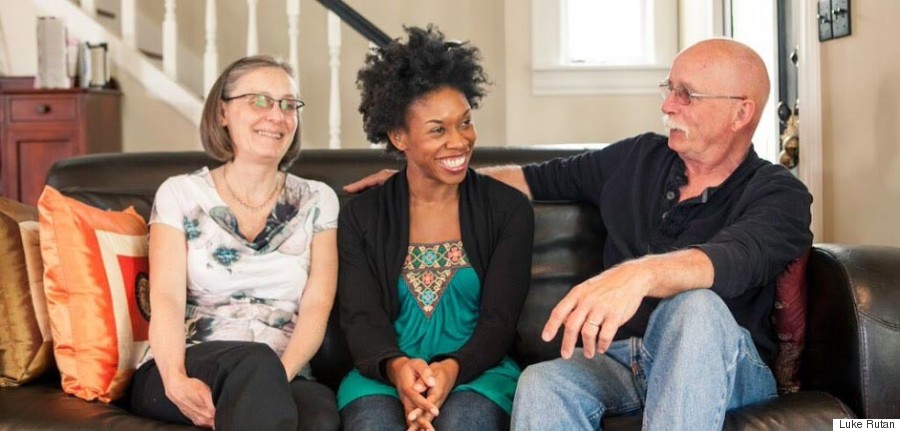Disparities in Health Services Use Among Multiracial American Young AdultsPosted in Articles, Health/Medicine/Genetics, Identity Development/Psychology, Media Archive, Social Work, United States on 2015-10-13 18:46Z by Steven |
Disparities in Health Services Use Among Multiracial American Young Adults
Journal of Immigrant and Minority Health
First online: 2015-09-29
8 pages
DOI: 10.1007/s10903-015-0289-7
Karen M. Tabb, Assistant Professor of Social Work
University of Illinois, Urbana-Champaign
Christopher R. Larrison, Associate Professor of Social Work
University of Illinois, Urbana-Champaign
Shinwoo Choi
School of Social Work
University of Illinois, Urbana-Champaign
Hsiang Huang, Instructor of Psychiatry
Cambridge Health Alliance
Harvard Medical School
Addressing disparities in health services utilization remains critical for improving minority health; however, most studies do not report on the health service use of multiracial young adults (age 22–34). This study compares past year health service use of self-identified multiracial (two or more races) young adults with monoracial White young adults. Weighted survey data from Add Health (N = 7296) and multivariate logistic regression analyses were used. Compared to monoracial White young adults, Black-White multiracial [OR 0.40, 95 % CI (0.17–0.90)] and Black-Native American multiracial [OR 0.23, 95 % CI (0.09–0.63)] young adults are less likely to report primary care service use in the past year. Multiracial young adults have different health care service utilization than their White monoracial peers with Black-Native American young adults appearing to be particularly vulnerable to under-utilization of primary care services. It is important to examine multiracial subgroups when studying patterns of health services utilization.



